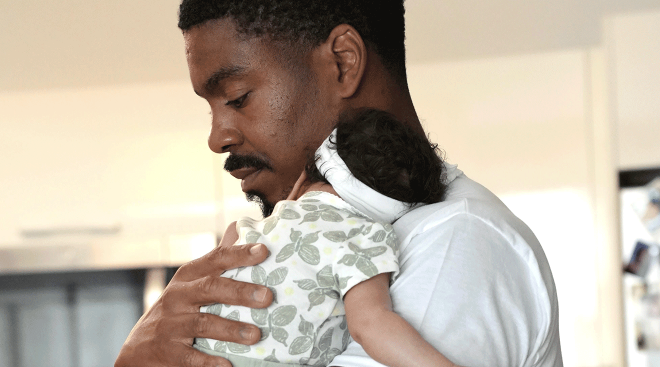Moms Who Had Perinatal Depression Should Watch for Heart Issues
After decades of being largely left out of medical research, the health of women, especially pregnant women, is finally being put into the spotlight and under the microscope. Recent studies have established links between autoimmune diseases and postpartum depression, as well as premenstrual disorders and perinatal depression. This research plays an integral part in helping doctors better screen for not only pregnancy health issues but also those that may develop due to pregnancy in the future. With better screenings comes the possibility to save thousands of lives.
The latest study, published in the European Heart Journal, looked at over 600,000 women to determine whether a history of perinatal depression—depression during pregnancy or after birth—could help predict cardiovascular disease risk.
To do so, scientists compared 55,539 Swedish women who were diagnosed with perinatal depression between 2001 and 2014 with another group of 545,567 Swedish women who had also given birth during that time but were not diagnosed with perinatal depression. All the women were followed up through to 2020 to assess if they developed any cardiovascular disease.
Overall, 3.7 percent of the women who were not diagnosed with perinatal depression developed cardiovascular disease, while 6.4 percent of those who experienced perinatal depression did—a 36 percent increase in risk. Moms who experienced perinatal depression were a 50 percent higher risk of high blood pressure, a 37 percent higher risk of ischemic heart disease and a 36 percent greater risk for heart failure. Even when researchers compared sisters with similar genetic risk, those who had perinatal depression were at a 20 percent increased risk.
Scientists are unsure what may be causing the increase in risk but are dedicated to digging deeper to find out. “Our findings may help identify people who are at a higher risk of cardiovascular disease so that steps can be taken to reduce this risk. This study also adds to the established health risks of perinatal depression. We know that perinatal depression is both preventable and treatable, and for many people it’s the first episode of depression they’ve ever experienced. Our findings provide more reason for ensuring maternal care is holistic, with equal attention on both physical and mental health,” one of the study’s researchers, Emma Bränn, PhD, said in a press release.
If you are concerned you may be at greater risk of heart disease, discuss your screening and prevention options with your doctor. You can see a list of recommended heart health screenings at Heart.org.
Please note: The Bump and the materials and information it contains are not intended to, and do not constitute, medical or other health advice or diagnosis and should not be used as such. You should always consult with a qualified physician or health professional about your specific circumstances.
Navigate forward to interact with the calendar and select a date. Press the question mark key to get the keyboard shortcuts for changing dates.





















































